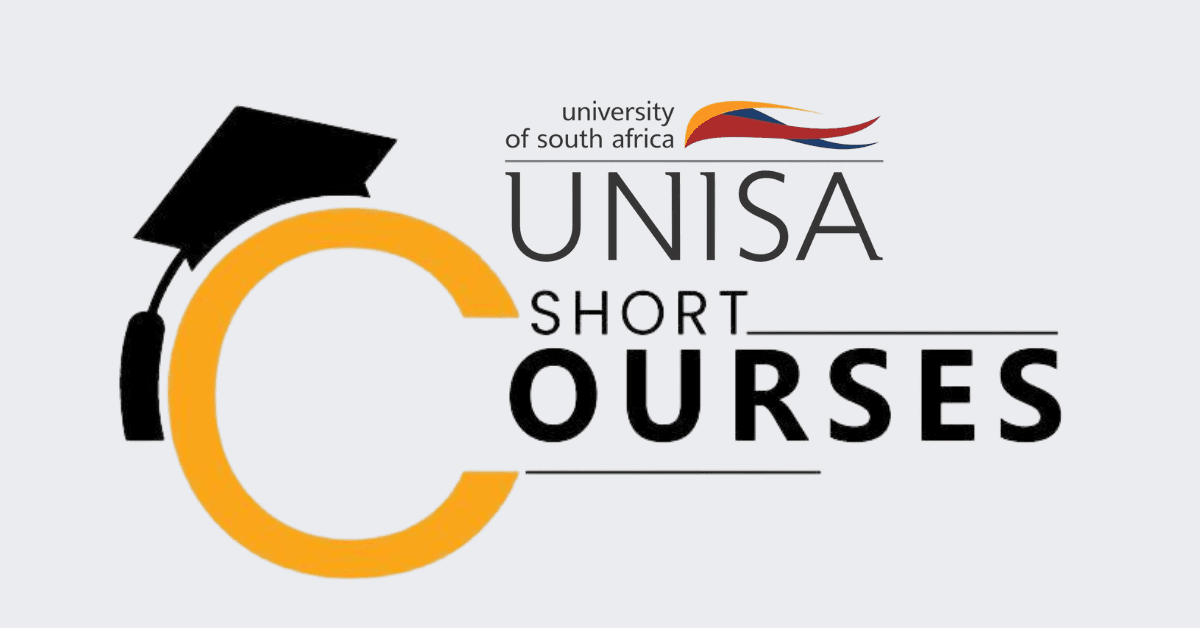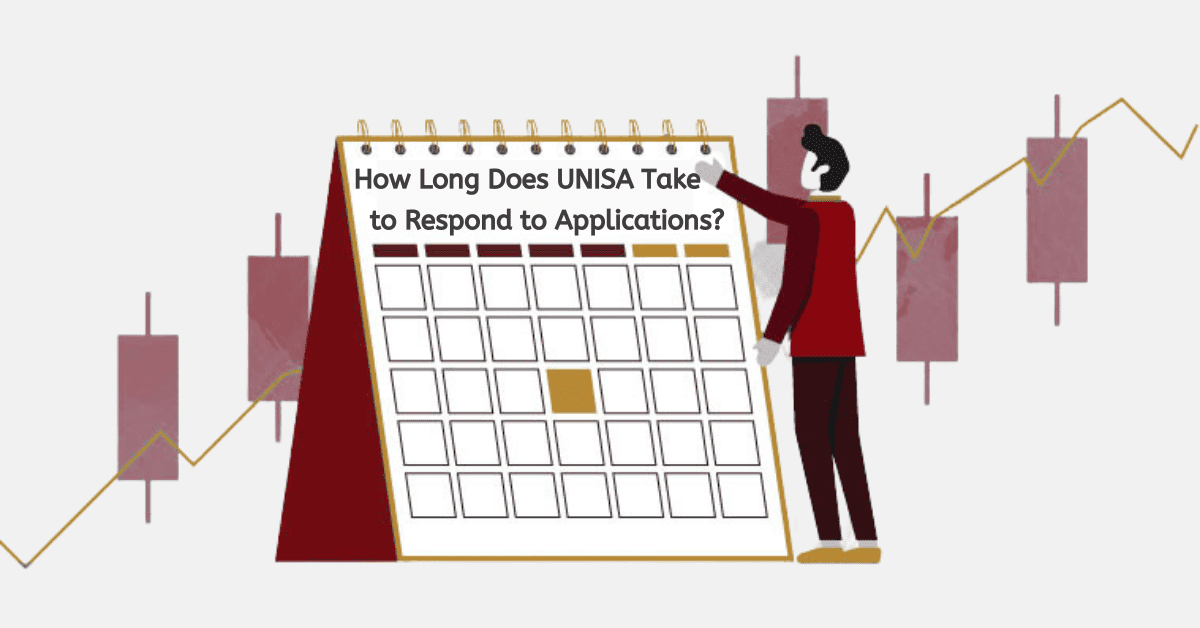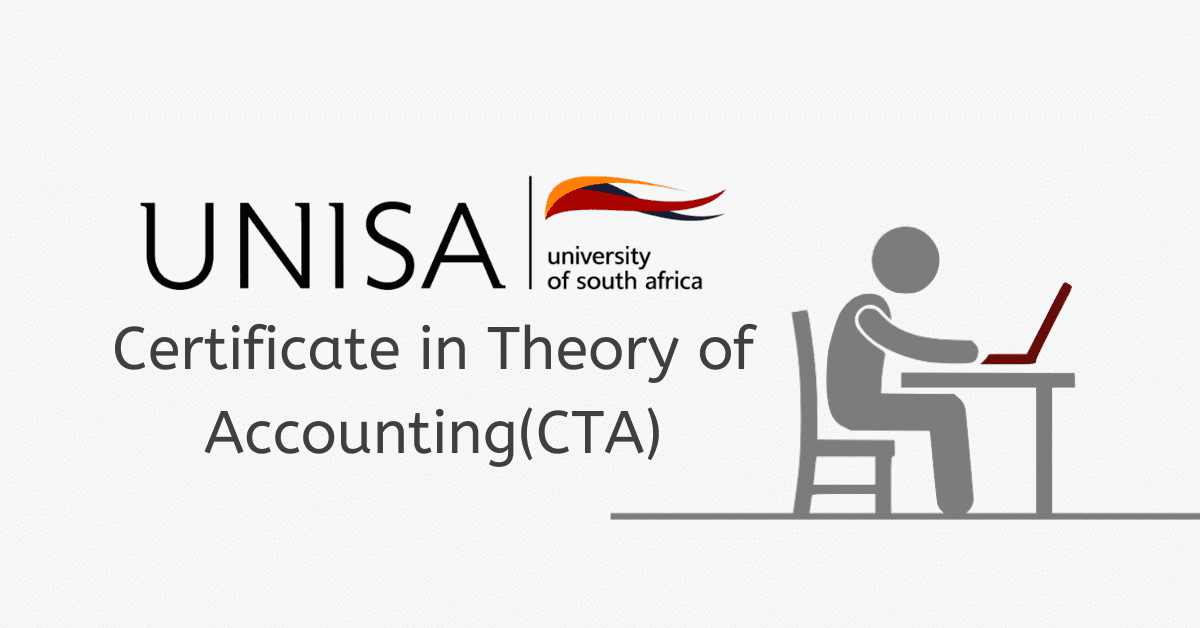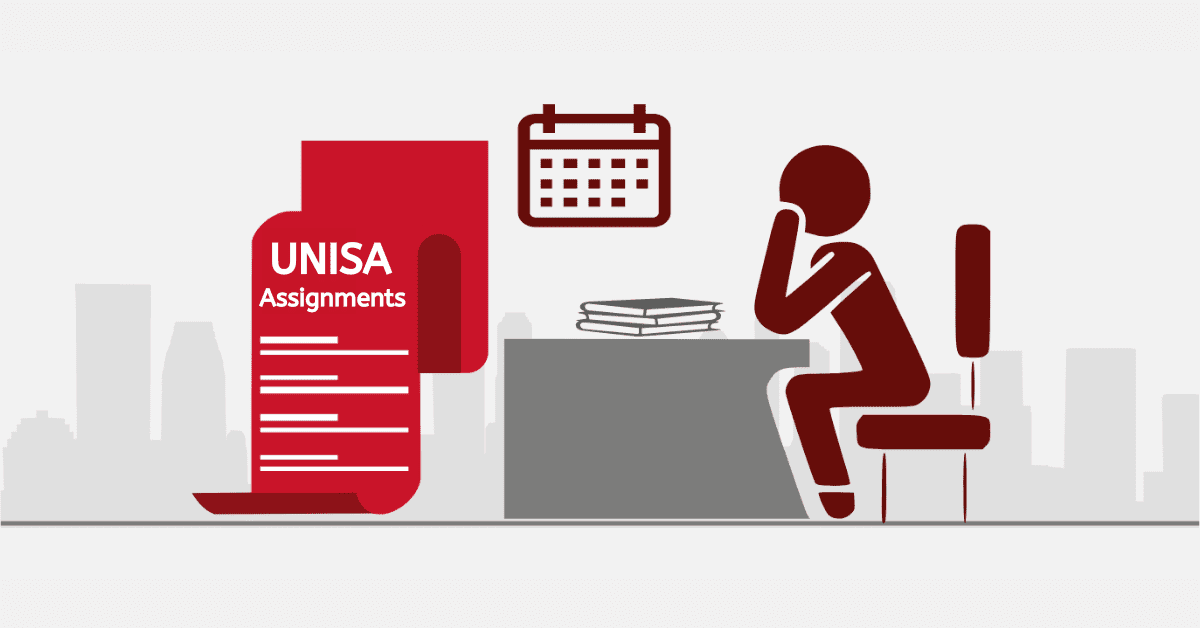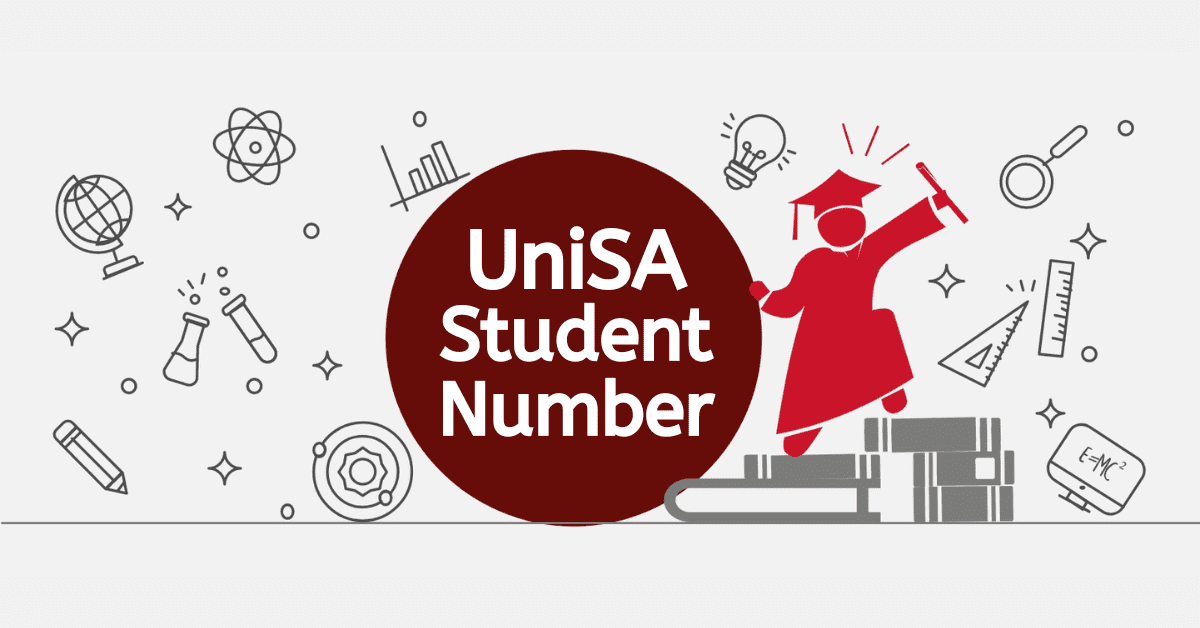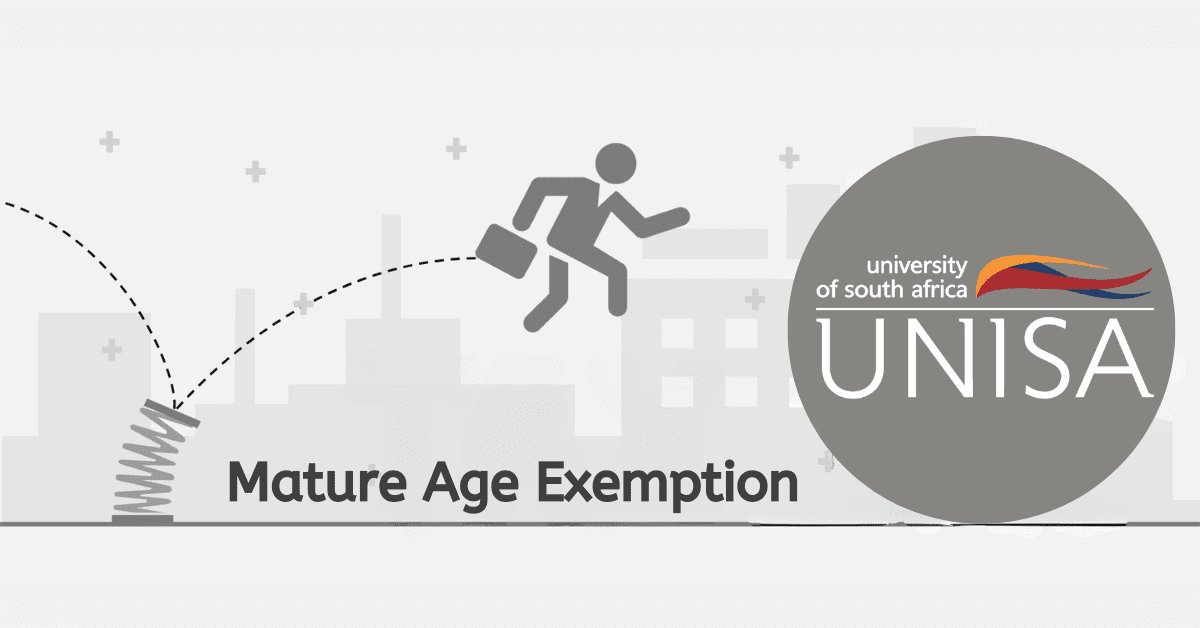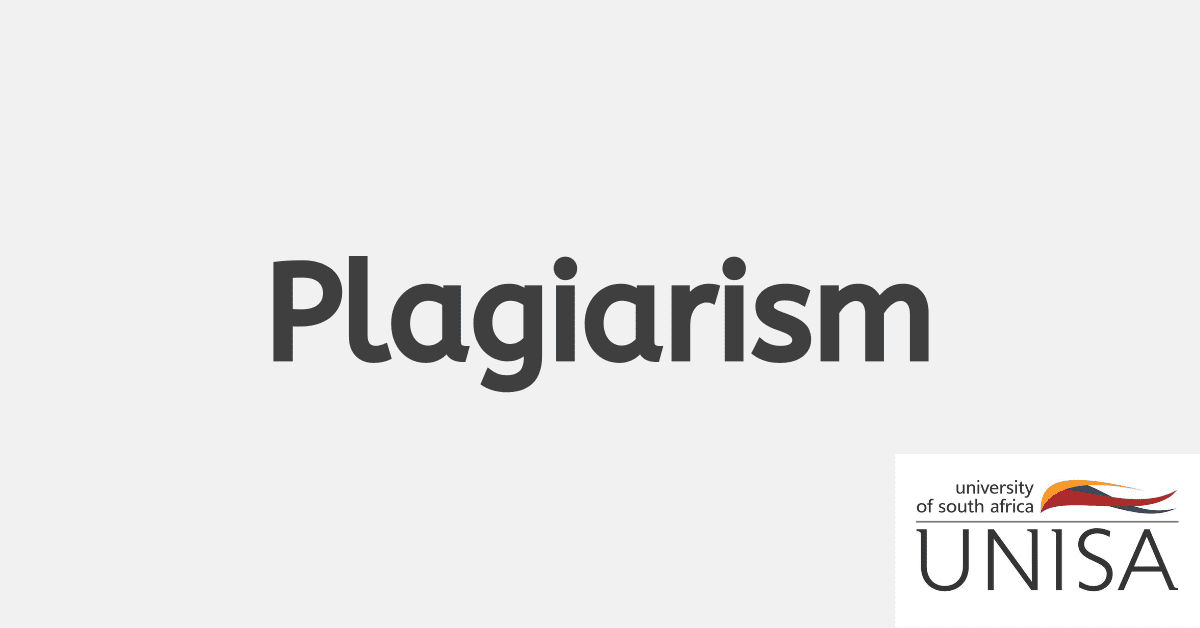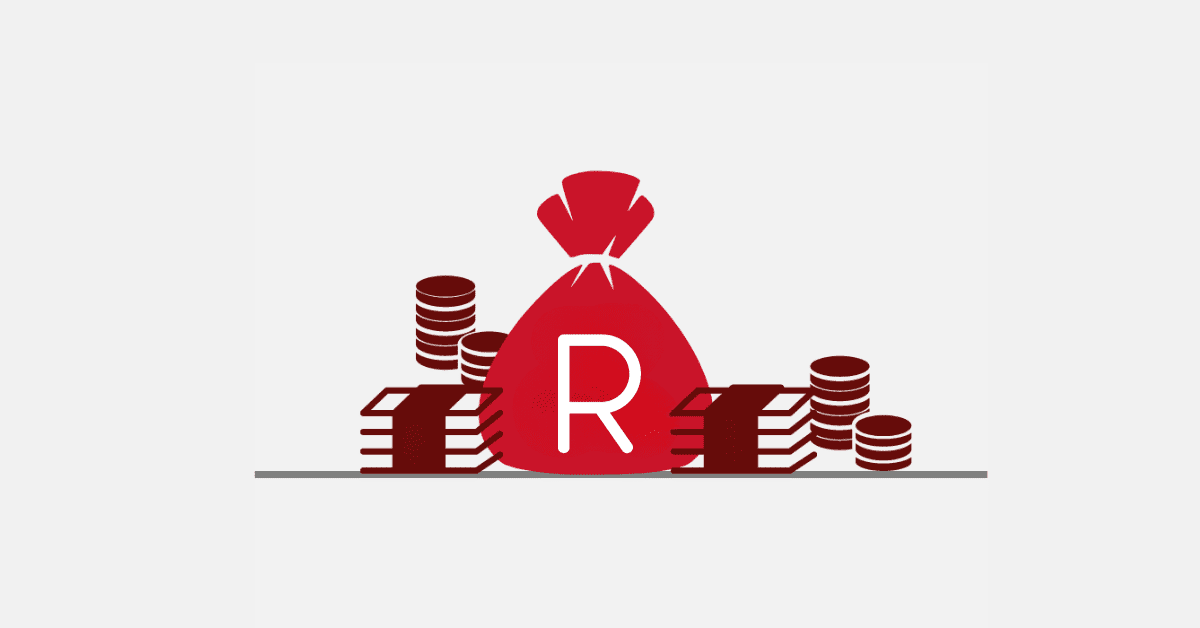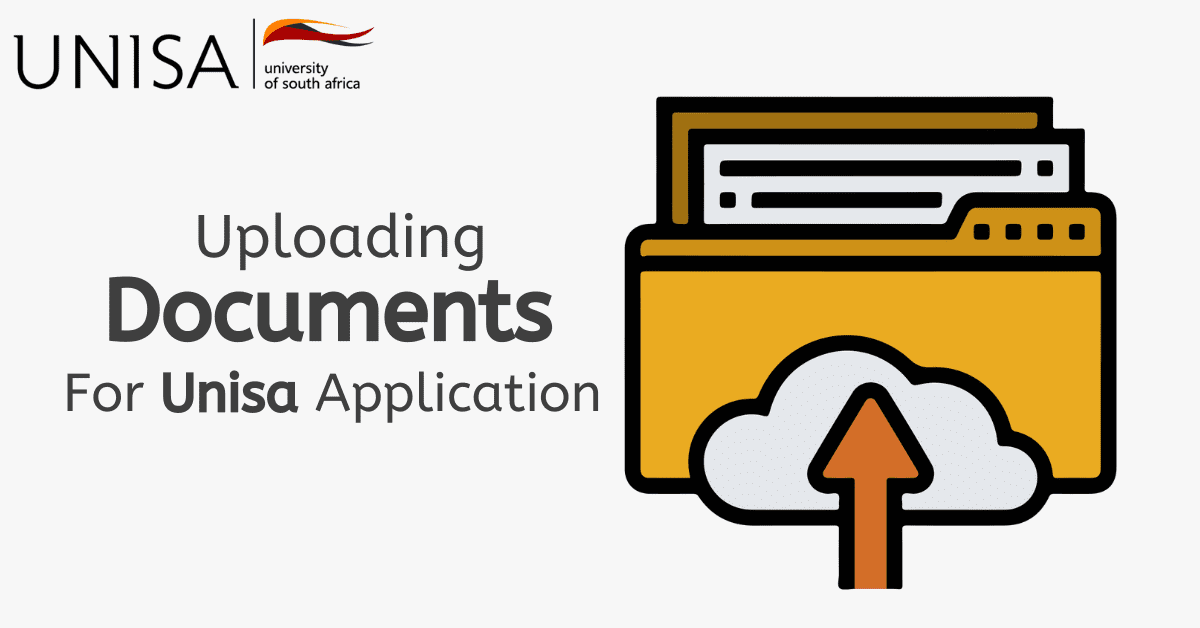The University of South Africa (UNISA) is an internationally acclaimed university that provides its students with an exceptional opportunity to gain academic credit through examination. This credit system, also known as Recognition of Prior Learning (RPL), provides students with an opportunity to earn course credit for information and skills gained in circumstances outside of the traditional classroom plan.
Instructors at UNISA compare the students’ prior knowledge to the learning objectives of the program of study they are interested in. Credit for a course can be awarded for earlier learning if those experiences are evaluated as being similar to the course results.
The credit-by-examination method at UNISA has many advantages. It shortens the time and cost of completing a degree program. It encourages students to continue their education throughout their lives and values students’ unique perspectives on education. It also allows people who lack formal qualifications but have relevant skills and knowledge to get college credit. In this section, we will be looking at questions like “What are credits at UNISA” “How many credits can you take a year at UNISA” “What is the maximum credit at UNISA” “How many credits is a teaching degree at Unisa” and many more related question to UNISA credit.
What are credits at Unisa
We hear a lot about credits in college and university, but do we know what they mean? What do you get from it if you are new to college or the credit system?
In this article, we will give clear and concise information, breaking it down so that our readers can understand what credits are and how they work, but with a focus on UNISA.
UNISA credits are like academic revenues that show how hard a student has worked and how much they know about a certain subject or module.
UNISA credits are the academic credit given by the University of South Africa (UNISA) for courses or modules that have been successfully completed in a certain program of study. Credits are used to keep track of how far along a student is on their way to getting a degree or diploma. When a student finishes a course or module and gets the required credits, they can use those credits to meet the requirements of their chosen program of study.
For example, if a bachelor’s degree program requires a total of 360 credits, a student may need to take a combination of courses or modules that add up to 360 credits to graduate. If you didn’t know, UNISA credits are also transferable.
This means that if a student wants to change their program of study or transfer to another institution, their earned credits can be recognized by other accredited institutions within the South African Qualifications Authority (SAQA) framework. But we are more interested in the kinds of questions about credit that people usually ask inside UNISA.
How many credits can you take a year at UniSA?
When considering attending UNISA, prospective students frequently inquire about the maximum number of credits that can be earned in a single academic year.
The answer can vary from program to program and from student to student, but on average, students can take up to 120 credits per year, which is the same amount of work as a full-time job. This is considered to be a full-time workload.
However, UNISA also provides students with the opportunity to study on a part-time basis and in a manner that is adaptable, which enables them to modify the number of credits they take in accordance with their individual requirements.
What is the maximum credit at Unisa?
If you are thinking about enrolling in a degree or master’s program at the University of South Africa (Unisa), you may be curious about the maximum number of credits that you can earn toward that degree.
At UNISA, the maximum number of credits required for a Master’s degree is 180, whereas the highest number of credits required for a Bachelor’s degree is 360. This indicates that in order to earn the maximum number of credits possible for each degree, you must successfully complete all of the required coursework and assignments.
How many credits is a teaching degree at Unisa?
Are you considering a teaching degree at the University of South Africa (UNISA) and wondering about the credit requirements for this program? Let’s explain this topic further.
If you’re interested in pursuing a Bachelor of Education (BEd) degree at UNISA, it’s key to note that the program typically requires a total of 480 credits.
By completing these courses and modules, you’ll gain the knowledge and skills necessary to succeed as a teacher and make a positive impact on the lives of your students.
Academic credits are earned through a variety of means, including completing coursework, assignments, practical placements, and other academic requirements.
These credits are an essential component of academic programs and are used to measure a student’s progress toward graduation.
By successfully completing the necessary requirements, students can earn the credits they need to graduate and move on to the next stage of their academic or professional journey. When pursuing a Bachelor of Education degree, it is crucial to keep in mind that the credit requirements may differ based on the particular program and specialization that you opt for.
How many modules can you fail per semester at Unisa?
UNISA has a rule that says a student can only fail a certain amount of modules in a semester. Students at UNISA need to know that they can only fail a certain number of modules per semester, and therefore, there is always pressure to either beat the benchmark or go higher than the standard. By knowing and following UNISA’s rules, you can make sure that you move closer to finishing your degree and reaching your academic goals by passing your modules and meeting the minimum number of modules a student is allowed to fail at UNISA.
Undergraduate students at UNISA are only allowed to fail a maximum of two modules every semester, while postgraduate students are only allowed to fail a maximum of one module per semester. If you are an undergraduate student, this signifies the requirement that you must pass at least fifty percent of the modules you are enrolled in during each term in order to remain in good academic standing.
